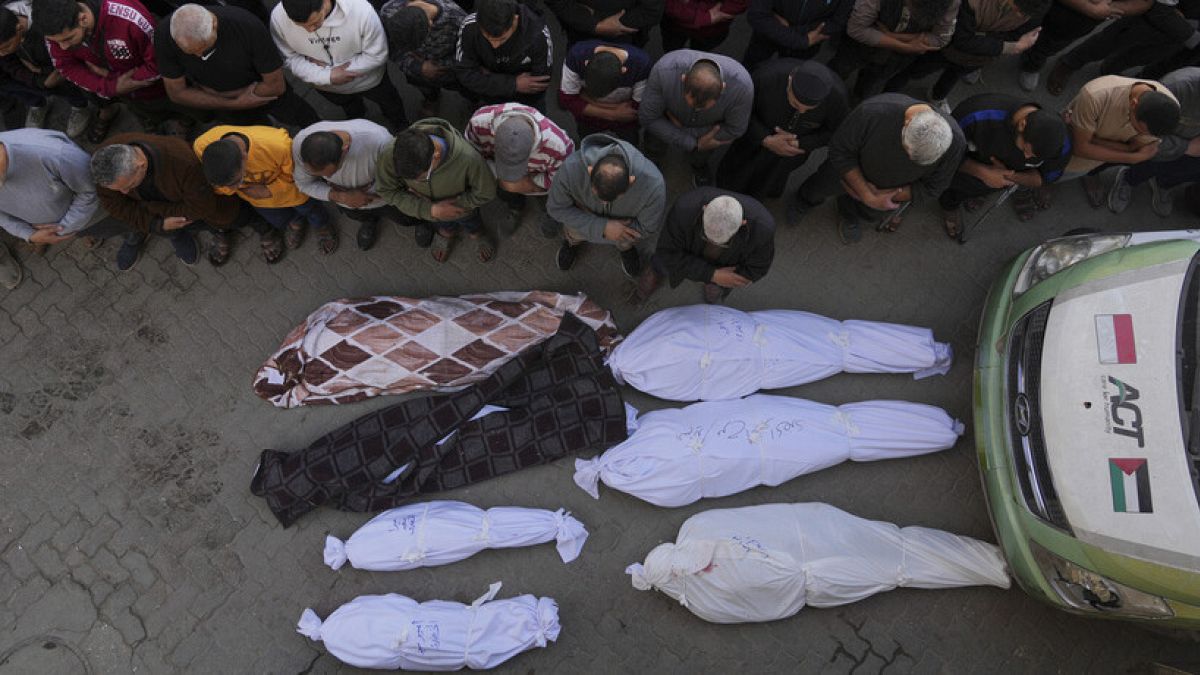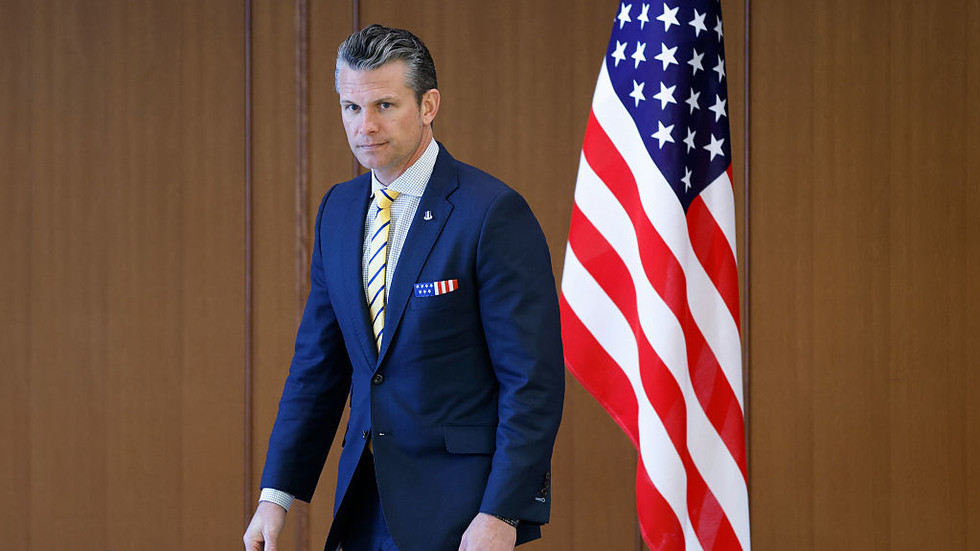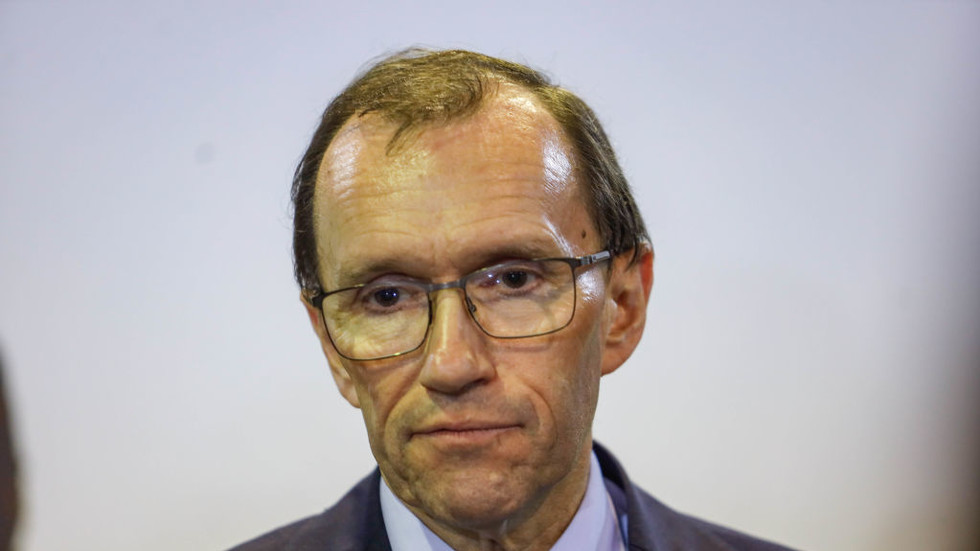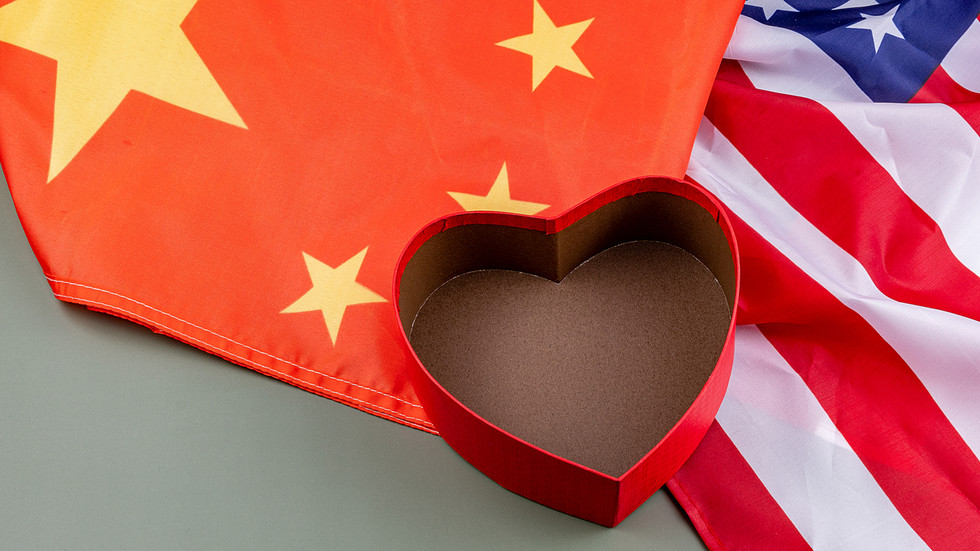Belarusian opposition leader Sviatlana Tsikhanouskaya made the comments to Euronews on the 35th anniversary of the fall of the Berlin Wall.
Germans were celebrating the 35th anniversary of the fall of the Berlin Wall on Saturday that had divided the city into east and west for years during the Cold War.
On Nov. 9, 1989 communist East Germany threw open its borders, allowing citizens to travel freely to the West for the first time in decades.
Belarusian opposition leader Sviatlana Tsikhanouskaya spoke with Euronews in Berlin about the continuing repression inside her own country. For many Belarusian citizens, the fall of the Berlin Wall has a very special meaning, she said.
"For Belarusians, the Berlin Wall has a very important symbolic meaning. This is, what Belarusians, to some extent, experience at the moment," Tsikhanouskaya stated.
"The wall divided East Berlin from West Berlin, a better life from a worse life. What was a physical wall (in Berlin), is now a political wall in Belarus", says Tsikhanouskaya.
After it fell people who had been separated from family and friends for over 28 years, could finally reunite, as could Germany which then made Berlin its capital again.
Tsikhanouskaya: "The Berlin Wall did not fall by itself"
As with those who had lived in former East Germany, people in Belarus endure the repression of Alexander Lukashenko's regime, but only they themselves can stop it, Tsikhanouskaya insists.
"The Berlin Wall did not fall by itself," she stressed. "The German people fought daily for the fall of this wall."
Just as West Germans encouraged East Germans to fight for their freedom, so the Belarusian people now need support from democracies around the world, Tsikhanouskaya stated.
"I am certain that the wall in Belarus will collapse. Of course, it depends on us Belarusians, but also on global solidarity."
"We can't destroy this political wall all by ourselves. We need allies. We need solidarity. We need assistance," Tsikhanouskaya urged.
"When you feel solidarity," Tsikhanouskaya said, "you really feel inspired."
The role of western democracies
"Belarus is on the front line of the fight against a dictatorship," but for Lukashenko’s political wall to fall, the west needs to continue building strong pressure on his dictatorship, says Tsikhanouskaya.
Helping the Belarusian people on their difficult path to freedom means holding the perpetrators to account, she stated: "People in Belarus should feel that all the crimes will not go unpunished."
Many in Belarus tried to gain their freedom in 2020 when they protested against the falsified election result that kept Lukashenko in power. Some were brutally beaten by the police, freedom fighters were put into jail, and some had to flee into exile.
But, the Berlin Wall did not suddenly collapse by itself either, says Tsikhanouskaya, and neither will Lukashenko's regime. "It took the humdrum work of many, many people at that time."

 4 months ago
54
4 months ago
54






 We deliver critical software at unparalleled value and speed to help your business thrive
We deliver critical software at unparalleled value and speed to help your business thrive






 English (US) ·
English (US) ·